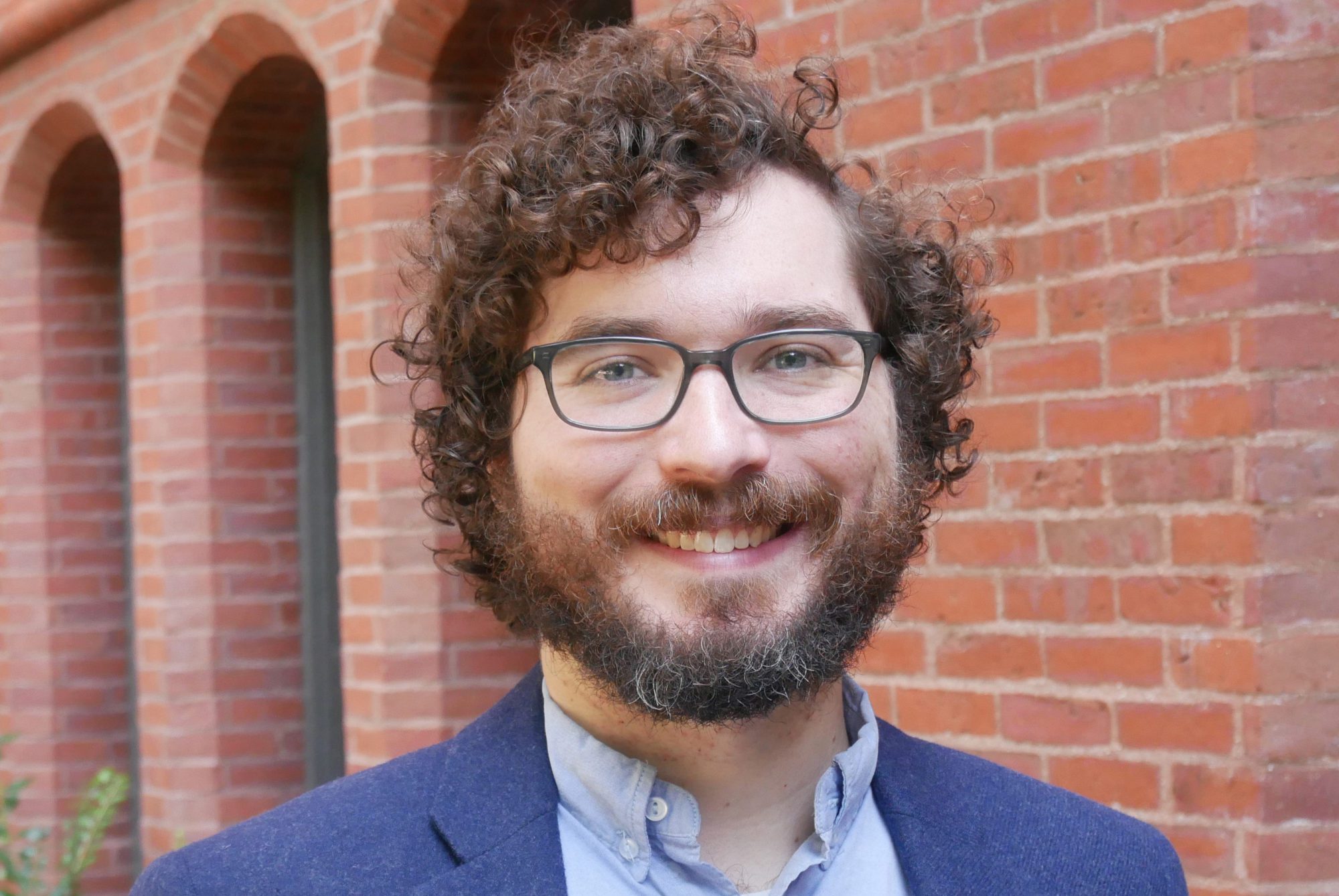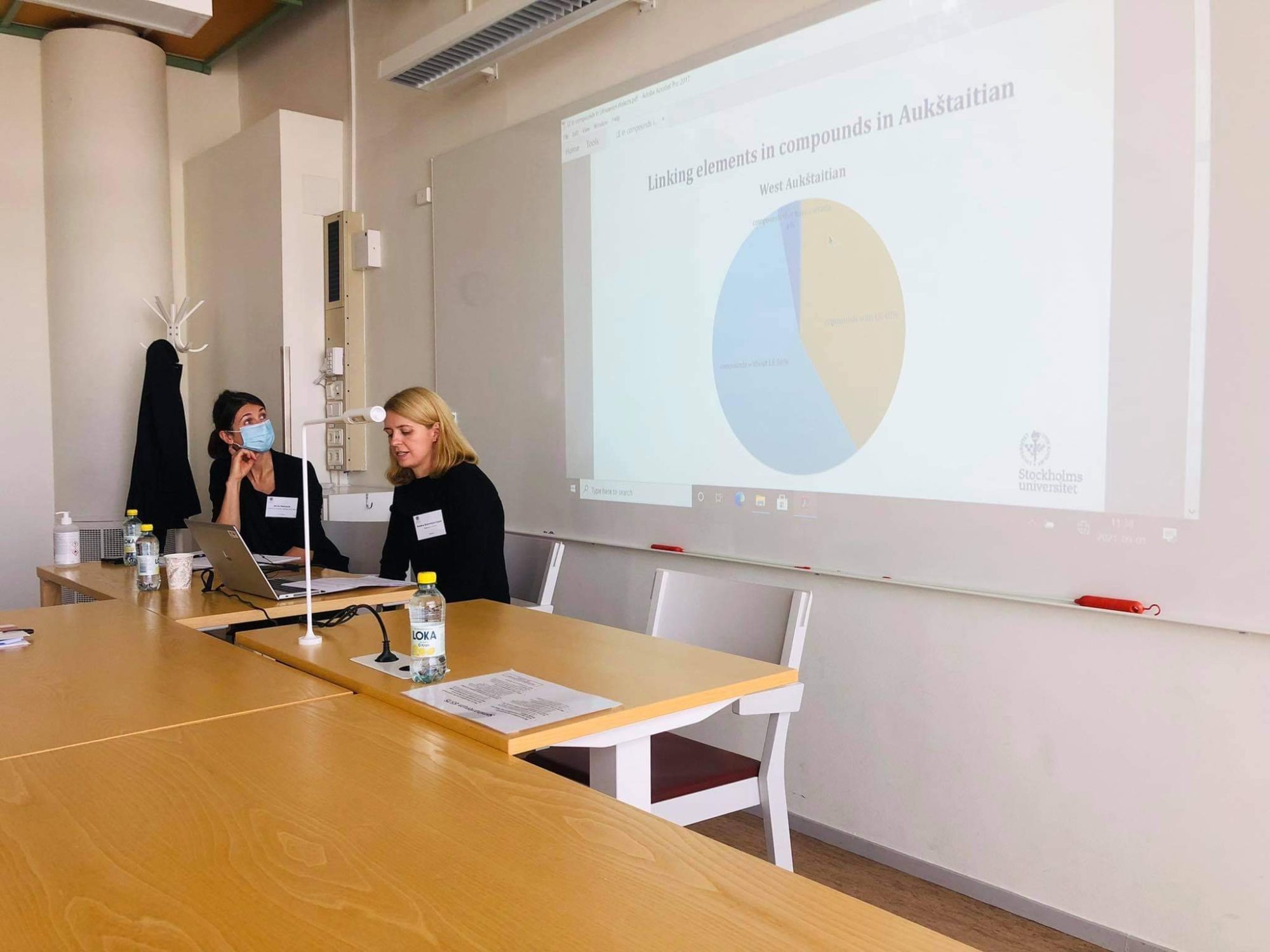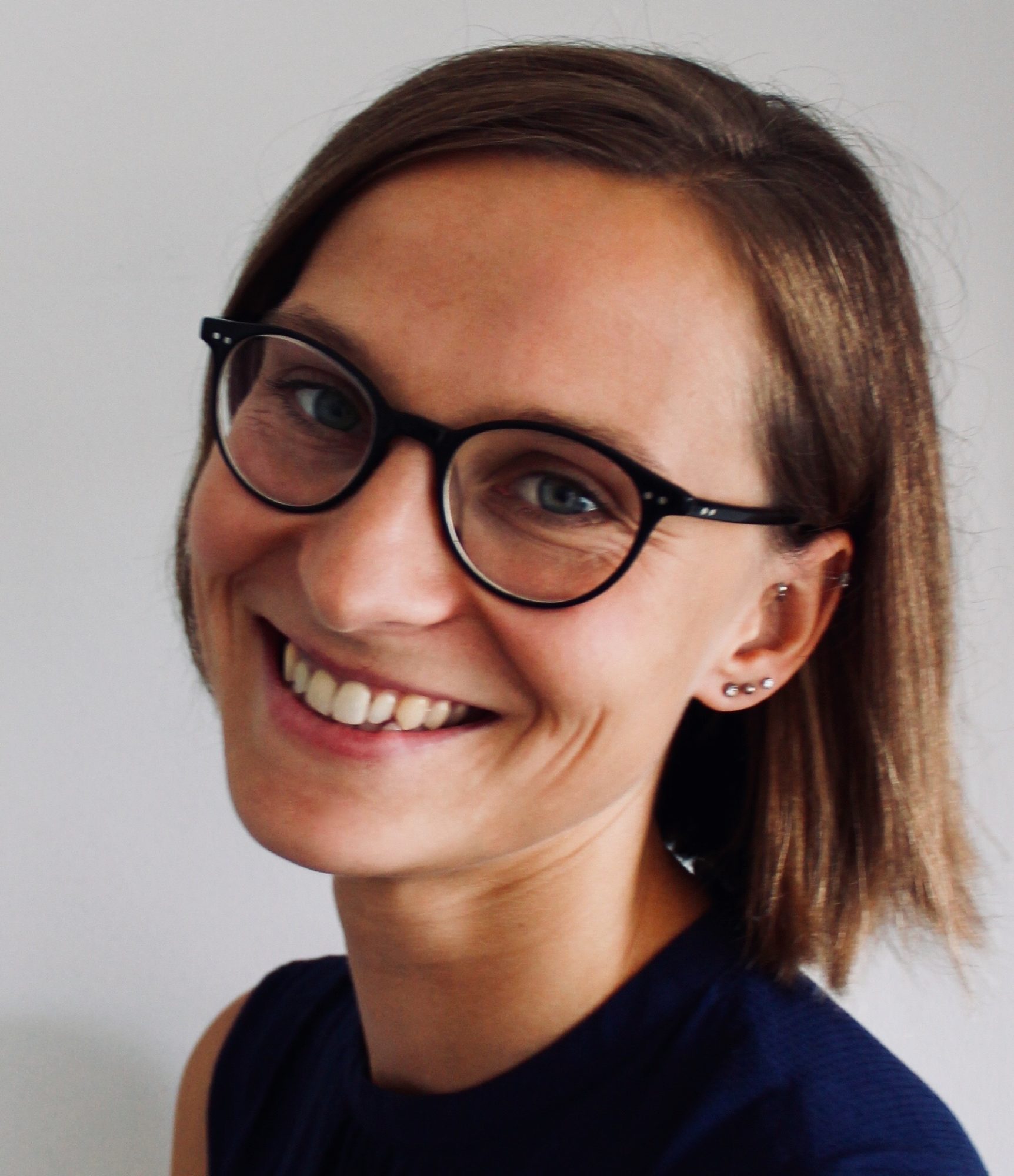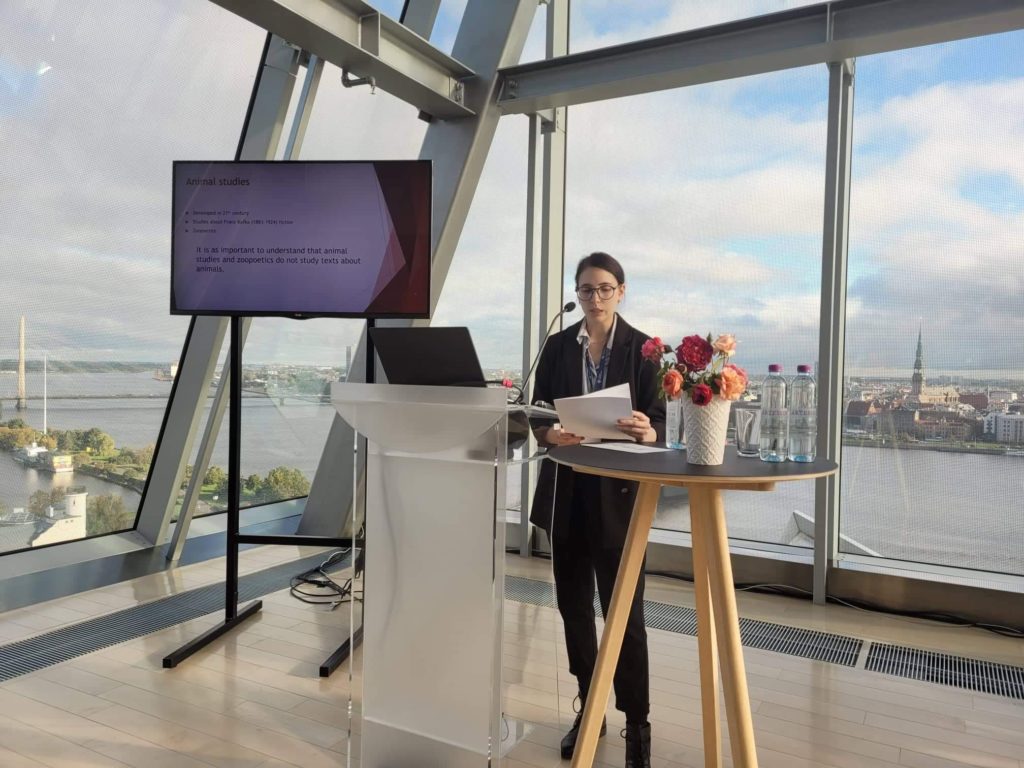The Association for the Advancement of Baltic Studies is happy to bring you stories and experiences from its 2021 student travel grant recipients who attended the 14th Conference on Baltic Studies in Europe (September 1–4, 2021, Uppsala, Sweden).
Applications for the AABS 2021 student travel grants were evaluated by the AABS Student Travel Grants Committee consisting of AABS Student Representative Kristo Nurmis, AABS Executive Officer-at-Large Guntis Šmidchens, AABS Administrative Executive Director Liisi Esse, and Member of the CBSE Organizing Committee Michael Loader. The grants were awarded to 16 students and early career scholars to support their travel to Uppsala in order to attend the CBSE 2021.
Harry Merritt
Paper title: “Calling Things by Their True Names”: Sarcasm, Cynicism, and Reflections on the Past in the Memoirs of Latvian Legionnaires

Kristina Bukelskyte-Cepele
Paper title: Linking Elements in Compounds in Lithuanian Dialects
I would like to express my sincere gratitude to AABS for awarding me the Student Travel Grant, which allowed me to participate at the 14th Conference on Baltic Studies in Europe (CBSE), held at Uppsala University, 1-4 September, 2021. Attending this well-organized conference has given me the opportunity not only to present the results of my postdoctoral research project but also to broaden the network of researchers who work on various topics in Baltic studies. It was without doubt a great place to exchange ideas for me as an early career scholar and to get inspired by both formal and informal discussions with the others participants. The CBSE conference was the first in-person conference I have attended since the start of the pandemic, which made this event even more exciting.

Kristina Bukelskyte-Cepele is currently working as a postdoctoral researcher in Baltic languages at the Department of Slavic and Baltic Studies, Finnish, Dutch, and German at Stockholm University. Her educational background includes a PhD in Baltic languages from Stockholm University and a MA in philology and Lithuanian linguistics from Vilnius University. In her ongoing research project, she addresses the development of compounds in Lithuanian dialects and focuses on the interaction between phonology and morphology.
Paula Antonella Oppermann
Paper title: Same Difference? Reconsidering Authoritarian and Fascist Elements in Kārlis Ulmanis’ and Gustavs Celmiņš’ Ideology
The CBSE in Uppsala in 2021 provided me with the opportunity to present parts of my findings of my PhD project, which investigates the history of the Latvian fascist organization Pērkonkrusts (Thunder Cross) from the pre- to the postwar period. My paper “Same Difference? Reconsidering Authoritarian and Fascist Elements in Kārlis Ulmanis’ and Gustavs Celmiņš’ Ideology” is based on a chapter of my thesis and I took the chance to discuss my ideas with leading experts in the field. I received very valuable feedback, critical questions, suggestions for further reading, and propositions on how to go forward with my work. Since Baltic Studies is a rather small field, the AABS and CBSE conferences are rare occasions to meet in one place experts working on similar topics as mine. I received not only advice for my own work, but I also took the chance to listen to colleagues working on topics not directly related to my own and learned a lot.
I felt well-informed before, and taken-care of during the conference. Literally nothing was left to chance. Any concerns raised because of the pandemic situation or other needs were solved immediately by the organizers. The presentations at the panels worked together very nicely, the keynote lecture was inspiring, and the dinner at Norrlands Nation really was a highlight of the conference. I therefore want to give a special thanks to the organizing team in Uppsala and also “behind the scenes” at AABS for making this event happen despite all the odds.

Piotr Szlaużys
Paper title: The Unofficial Contacts of the Emissaries of Lithuanian Cause with the Wilson Administration from 1918 to 1921
I would like to thank the AABS for allowing me to participate in the CBSE conference in Uppsala. The Student Travel Grant enabled me to participate in the Uppsala Conference and introduce my presentation, entitled “The Unofficial Contacts of the Emissaries of Lithuanian Cause with the Wilson Administration from 1918 to 1921.” This presentation is closely related to my doctoral dissertation, entitled “The Role of Lithuanian Americans in Support of Independent Lithuania (1918-1922),” which I am currently writing.
Thanks to the possibility of my participation in the conference in Uppsala, I had the opportunity to discuss my presentation and PhD dissertation with the conference participants who shared similar interests concerning the activities of Lithuanian, Latvian, and Estonian Americans during the presidency of Thomas Woodrow Wilson and Warren G. Harding. The questions addressed to me after my presentation drew my attention to the issues related to the financing of diplomatic activities of Lithuanian Americans in the United States for the purpose of recognition of Lithuania’s independence by the United States of America after World War I, to the involvement of American Republicans and Democrats in the Lithuanian cause in the United States during the presidency of Wilson and Harding, and to Poland’s territorial claims in Lithuania, which influenced the perception of the Lithuanian cause by the US Administration. I mainly used the materials available from the Lithuanian Central State Archive in Vilnius when preparing my presentation. Thanks to the contacts I made, I have extended my knowledge about the available archival materials regarding my presentation and my doctoral dissertation. Furthermore, I am in touch with some conference participants with whom I exchange information on the issues related to our presentations in Uppsala, my PhD dissertation and our possible presentations during the CBSE conference in Seattle in May 2022, where I hope I will have the opportunity to introduce my next presentation regarding the engagement of Lithuanian Americans in the recognition of independent Lithuania by the United States government.

Piotr Szlaużys graduated from the University of Warsaw, Institute of English Studies, in 2001, where he specialized in American culture and literature. He is writing his PhD dissertation as a participant in the PhD seminar on American history, conducted by Professor Halina Parafianowicz at the Faculty of History and International Relations at the University of Białystok. His interest in his PhD thesis is mainly related to the fact that he is interested in Lithuania’s relations with the United States at the end of the 19th century and the beginning of the 20th century, and that he speaks Lithuanian, English, and Polish fluently. Currently, he works as a sworn translator of English and Polish.
Ruta Kurpniece
Paper title: Function of animal characters in Regīna Ezera’s 70s fiction
I want to express my deepest gratitude to organizers of the 14th Baltic Studies Conference for the possibility of attending the conference in Uppsala in-person during this technology and Zoom era. This was the first time since the beginning of the Covid-19 pandemic that I have travelled somewhere outside of Latvia, as well as the first conference since the beginning of the Covid-19 pandemic that I have attended in-person. It was very pleasing to see real people in the audience, as well as participating in real discussions contrary to seeing the dark windows of Zoom.
For me, a young doctoral student, this conference was a great opportunity to introduce a wider audience with a small part of my doctoral research. Although I am quite a shy speaker, my presentation on topic “Function of animal characters in Regīna Ezera’s 70s fiction” went smoothly and I hope that the people who were present got at least a little insight into the fiction of Latvian writer Regina Ezera, as well as in the theoretical material of animal studies. I am grateful to all the listeners who listened with interest, gave advice, and suggested theoretical materials that I need to look up. It should be added that in Latvian literary studies no researcher has been interested in animal studies and zoopoetic research as a whole thus far, which is why I am very pleased with the exchange of ideas and suggestions I received in Uppsala. It will certainly contribute to better development of my dissertation.

Ruta Kurpniece is doctoral student at the University of Latvia. Her research interests are related to the literature of the Latvian Soviet period, which is most often viewed in the aspect of some modern literary theories. She is writing a dissertation on the topic “Animal and Animal World in Regīna Ezeras’ fiction,” which seeks to reveal the impact of the historical era on the building of character system in literary work, as well as the metaphorical and symbolic meaning of animal characters, viewed in parallel with human characters.
